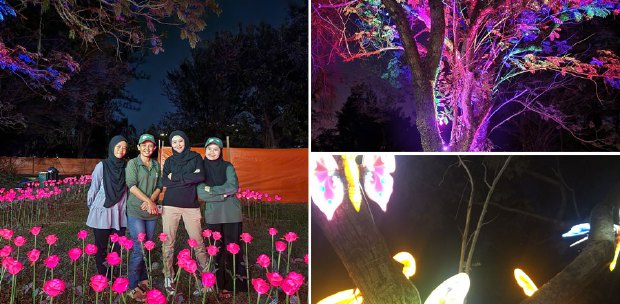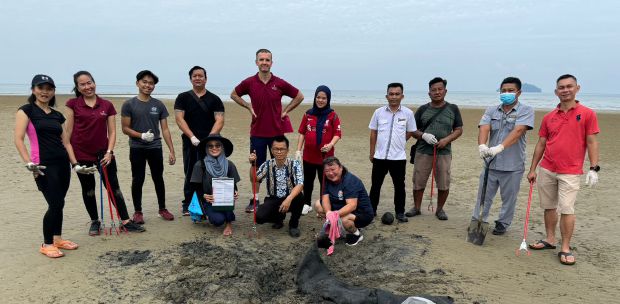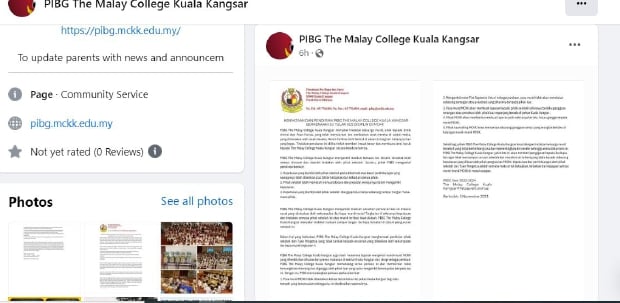KOTA KINABALU: Sabah Health department has confirmed a case of melioidosis at the rugby field in Tanjung Aru near here.
State Health director Datuk Dr Asits Sanna said the case was notified on March 11 and soil samples have been collected from the site based on the movements of the case who had played rugby at that field.
"One sample was found positive for the bacteria Burkholderia pseudomallei, the causative agent of melioidosis.
"The patient reported having sustained a wound on his leg while playing rugby, which may have led to the infection," he said in a statement.
The department has recorded 44 cases of melioidosis in Sabah this year.
Dr Asits said it represented an increase of 12.8 per cent compared to the 39 cases reported in the same period of last year.
The six districts reporting the highest numbers of melioidosis cases are Sandakan (12), Kota Kinabalu (11), Papar (5), Penampang (5), and two cases each in Sipitang and Keningau.
He added melioidosis was an infectious disease caused by the bacterium Burkholderia pseudomallei found on the surface of water and soil.
"Humans can become infected when directly exposed to soil and water sources contaminated with the bacteria. Infections most commonly occur during the rainy season.
"Transmission can occur through respiratory routes (contaminated dust or droplets), drinking contaminated water, or through skin wounds.
"Those at high risk include individuals with chronic conditions such as diabetes, liver disease, kidney disease, thalassemia, cancer, or other immune-compromising conditions.
"Symptoms may include high fever, joint pain, cough, chest pain, ulcers, boils, pus, headache, loss of appetite, and general fatigue. The disease can be treated with specific antibiotics, and early treatment with antibiotics is crucial to prevent more severe infections and death in high-risk individuals."
The department advises the public to avoid exposure to contaminated soil and water sources, especially those with skin wounds or chronic diseases such as diabetes and kidney disease.
Other control measures include wearing waterproof shoes, gloves, and face masks when working with contaminated soil and water sources.
"If any wounds are present on the body, they should be thoroughly cleaned and bandaged. Immediate medical treatment should be sought if fever or symptoms develop after exposure to contaminated soil or water," said Dr Asits.





